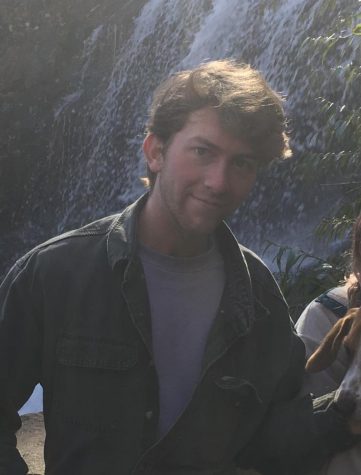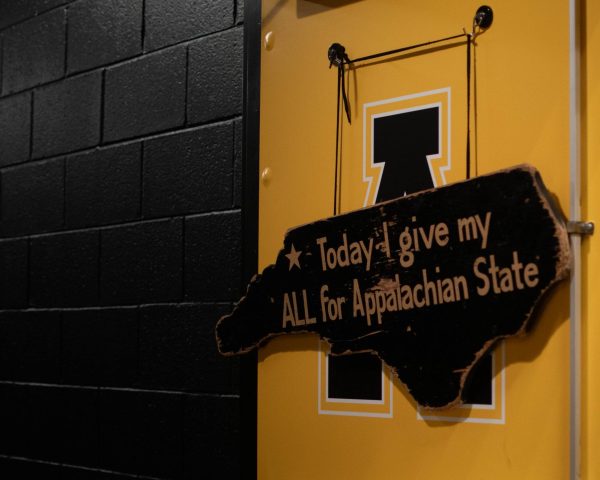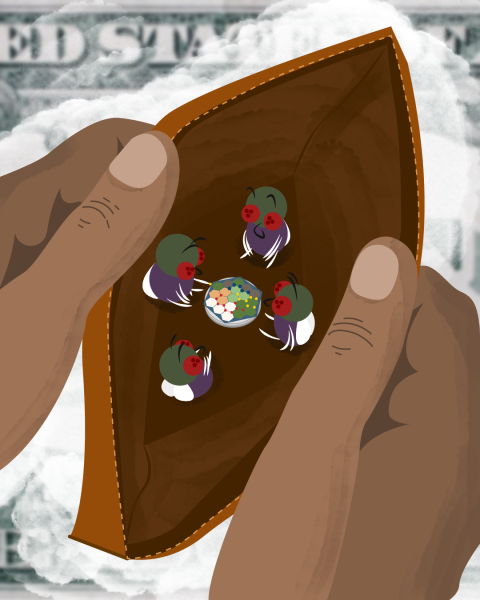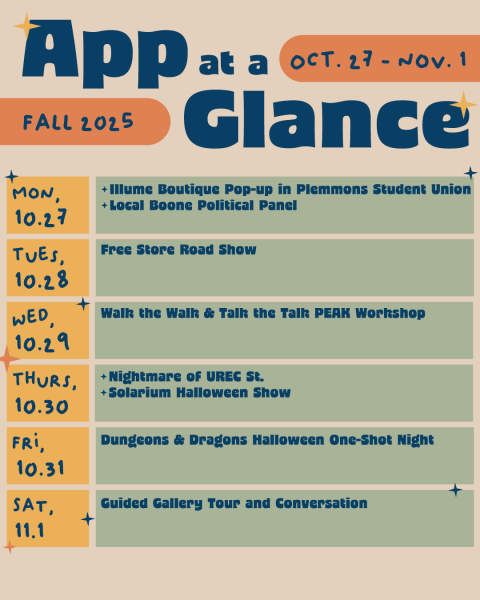Opinion: Social media contributes to political violence
September 14, 2020
The pandemic has made Americans politically aware. It has forced people to spend even more time with technology. However, the ways in which people express themselves over the internet are vastly different from in person. Social media platforms often provide anonymity but even if they don’t, they provide the illusion of distance. Because of this people are outspoken, resistant to criticism and aggressive.
The image of extremism that social media presents is not accurate. Social media is a flawed imitation of reality. One must only scroll through their own social media page to know that what is on it does not reflect a true and full picture of themselves. In the same way, political conversation through social media is not a true and full representation of real life. It encourages people to post what they believe their followers will like. This discourages posts that disagree with the general narrative of the group. This, in turn, creates feedback loops of agreement where everyone posts things with the goal of receiving approval from their peers online.
The danger of people having their beliefs constantly reaffirmed and legitimized on social media is that it can begin to appear as though anyone who disagrees is not only wrong, but that they are a threat.
The real-world danger and consequence of this amplified political world on social media is showing more and more each day. For example, Kyle Rittenhouse, the 17-year-old who shot two people in Kenosha, W.I. was an active member of a social media page that embodied the same feedback loop previously described. He was a member of a Kenosha Guard Facebook Page intended to bring together people who wanted to assist the Kenosha police during Black Lives Matter demonstrations. This in part prompted him to attend the demonstration with a rifle, where he shot three people, killing two.
Another example would be the infamous “Pizzagate” incident from 2016 which began with accusations made against the Clintons on social media. Social media users then circulated the accusations under the hashtag #pizzagate, resulting in Edgar Welch firing an assault rifle into the pizza restaurant Comet Ping Pong. Luckily, no one was injured.
Still another example would be the Black Lives Matter demonstrations, which began with the killing by police of George Floyd in Minneapolis. The video of Floyd’s murder was shared in much wider bubbles of agreement and resulted in the resurgence of the Black Lives Matter movement. Subsequent protests saw deaths at demonstrations and millions of dollars in property damage.
It would do us all a service for people to remember that political conversation on the internet is the same as most other interactions on the internet. It is hyperbolic, heavily influenced by the user’s social circle and exaggerated. None of these things are inherently bad, but can cause people to take unwanted action in the world. Political activism should never be discouraged, and hopefully the heightened level of political awareness social media has contributed to will increase voter turnout among young people. But those same young people should remember it is likely the posts they see from their peers were tailored to fit the narrative of the online social circle they inhabit, and should be treated with the according skepticism.













